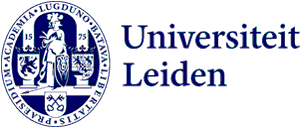56 search results for “gaan radio galaxies” in the Staff website
-
Podcasts as assessment method? 5 tips from the educational testing ground
How to innovate education? In this series, the Honours Academy highlights examples from their educational testing ground that aim to inspire. Today: pioneering with podcasts. What are the do's and don'ts? Two teachers and a student share their thoughts.
-
PhD Candidates: Get more success with less stress
Personal development, Working effectively
-
A university conversation on Israel/Palestine
Debate
-
Three different perspectives on how the online world has fundamentally changed the way we live our lives
In the ESOF2022 mini-symposium organized by the Social Resilience & Security programme, international experts with a background in psychology, philosophy, and law discussed how the online world is related to adolescent mental health issues, moral and emotional awareness and children’s rights. In three…
-
Liveblog: Leiden University strikes against government cuts
Staff from Leiden University are starting the Dutch universities’ staggered strike against the government cuts on 10 March. Follow the strike in this liveblog.
-
Update: Executive Board responds to government cuts
The Schoof government, which has since assumed a caretaker role, presented its coalition agreement last year, followed later by its budget. As expected, higher education is facing severe cuts. In the coming period, the Executive Board will regularly (see updates below) look at the consequences of what…
